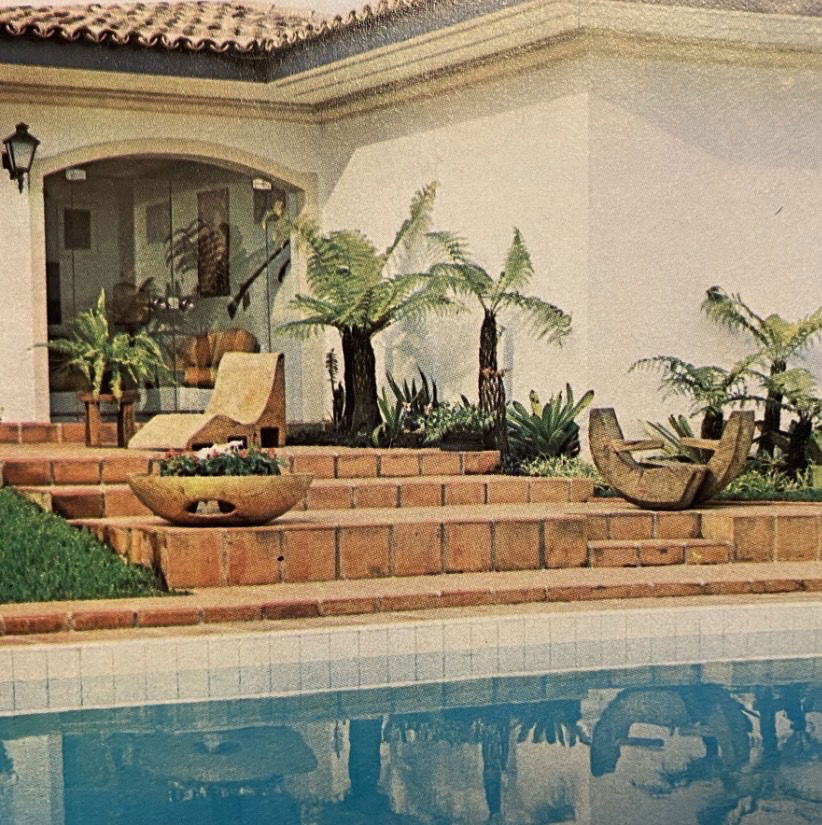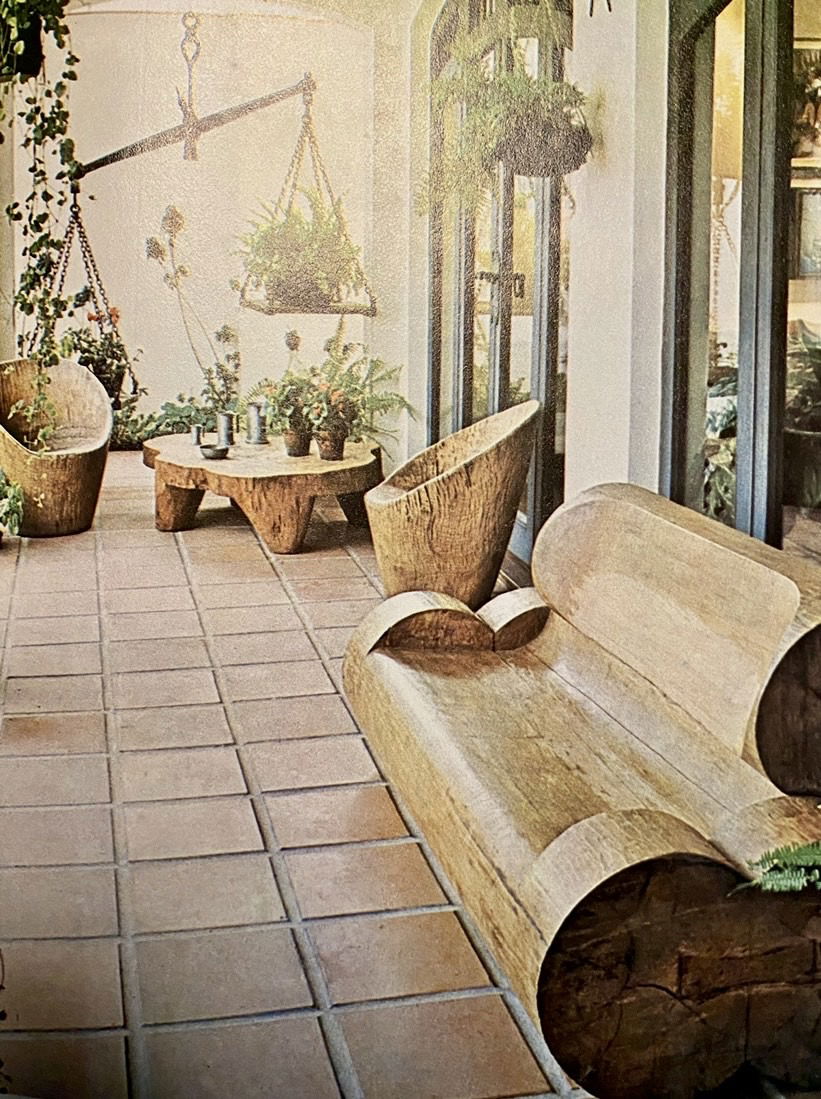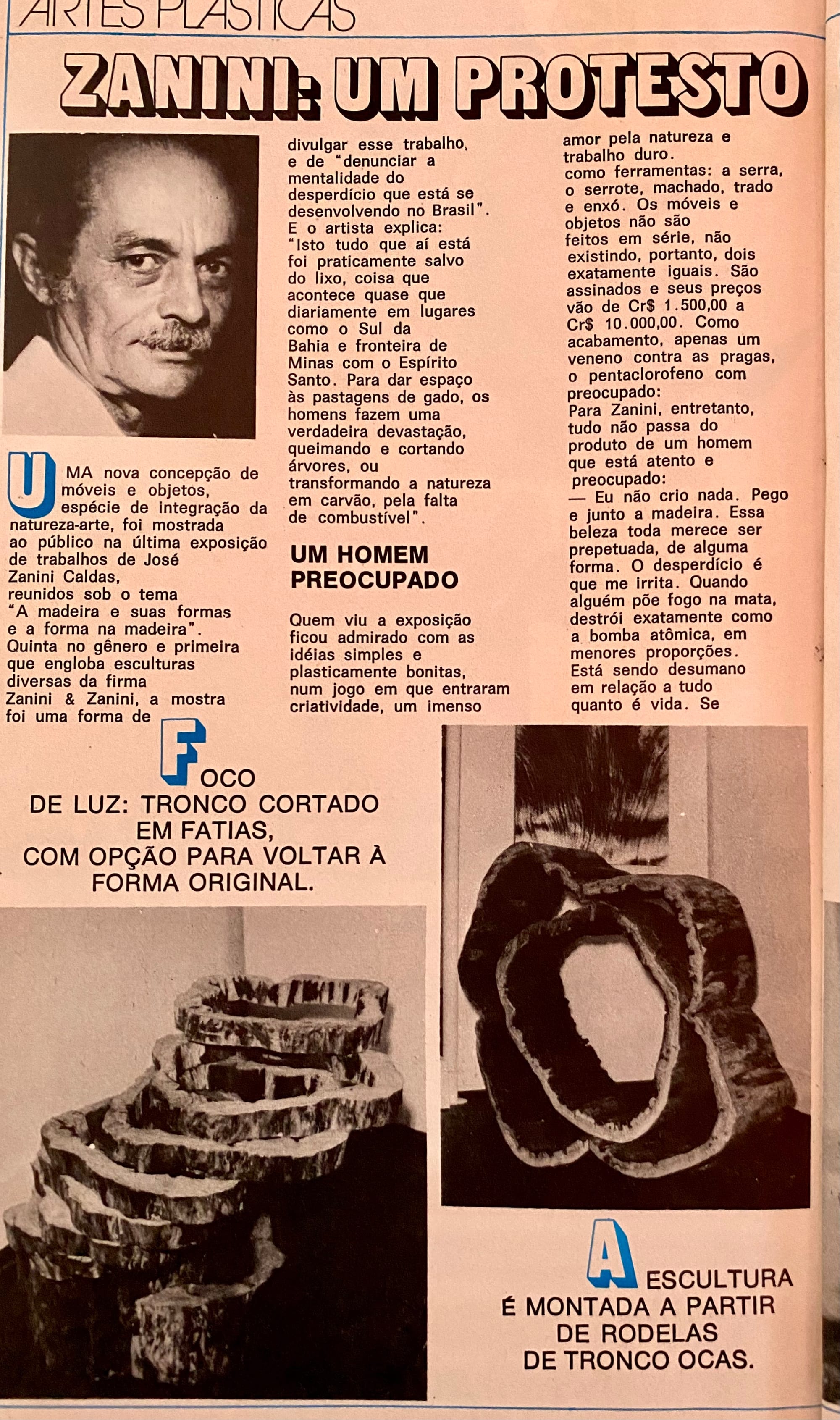José Zanine Caldas
18/09/2024
José Zanine Caldas 1919 - 2001
Caldas' work is a symbol of Brazilian creative genius. Born into a prominent family in the south of the state of Bahia, he grew up surrounded by the deforestation of Brazil's Atlantic forest. Like many of his countrymen, the young Zanine emigrated to Sao Paulo. In 1948, he and a group of wealthy investors founded the Móveis Z furniture factory. Based on the mass production of maritime plywood furniture, the Móveis Z project targeted the emerging middle class in the São Paulo region. In 1954, Zanine parted company with his partners to pursue another passion: model making for the most important architects of the time; he was responsible for the models of the Maracana stadium and numerous buildings in Brasilia. It was in this city that he settled in the early 60s to begin a new chapter: he bought a plot of land and built his house, the frame of which was made of wood salvaged from abandoned buildings in the region. After a few difficult years, during which the Zanines sold bouquets of flowers planted in their garden, the project for his residence attracted the attention of a certain cultural elite, and in the following years Zanines designed and built several houses in São Paulo and Brasília. At the end of the 1960s, the first Joatinga projects were launched in Rio de Janeiro, and Zanine decided to organize the production of his houses and the furniture he designed. He settled in his native region and set up a workshop to use the wood that was not sold by the sawmills. Drawing on the skills of the dugout canoe carvers of the Nova Vicosa region, Zanine began a series of housing and furniture projects. All projects were carried out in the south of Bahia, where the structure of the houses was pre-assembled and then disassembled before being transported to the southeast of the country. In the early 1980s, Zanine moved permanently to Rio de Janeiro, transferring his workshops from Nova Viçosa to Ilheus.


‘I don't create anything. I just take the wood and put it together. In a way, all this beauty has to be perpetuated. It's the waste that irritates me. When someone burns down the forest, (...) it's a lack of humanity towards everything that is life.’



